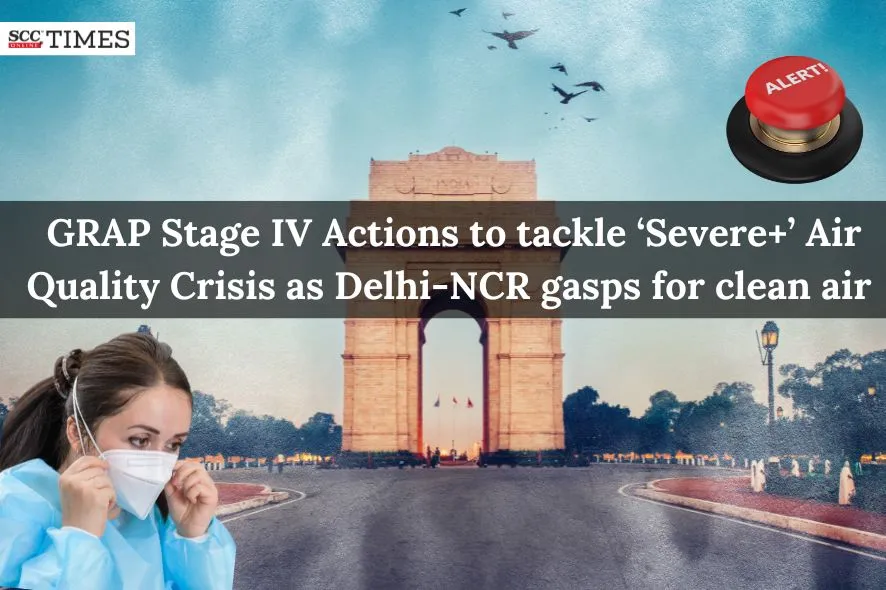On 17-11-2024, the Commission for Air Quality Management in NCR and adjoining areas issued a statutory direction for implementing the revised schedule of the Graded Response Action Plan (GRAP) as and when orders under GRAP are invoked.
Key Points:
-
The Sub-Committee had implemented actions under Stage I, Stage II, and Stage III of GRAP on 14-10-2024, 21-10-2024, and 14-11-2024, respectively.
-
The air quality, along with the forecasts for meteorological conditions and the air quality index of Delhi, was reviewed in an urgent meeting of the Sub-Committee held on 17-11-2024.
-
The AQI of Delhi was recorded at 441(Severe) on 17-11-2024 and had reached 457(Severe+) at 7:00 PM on the same day. The Sub-Committee further opined that the average AQI for Delhi is expected to remain in this range in the coming days due to unfavourable climatic conditions.
-
To prevent further deterioration of the air quality, the Sub-Committee decided to direct all agencies in NCR to implement all actions under Stage IV of the GRAP from 8:00 AM on 18-11-2024 in addition to the Stage I, Stage II, and Stage III actions already in force.
-
These actions include:
-
Curbing entry of trucks in Delhi (except the ones carrying essential commodities/providing essential services). LNG/CNG/Electric/BS-VI Diesel trucks can be permitted to enter Delhi.
-
LCVs registered outside Delhi, other than EVs/CNG/BS-VI diesel, are not permitted to enter Delhi (except the ones carrying essential commodities/providing essential services).
-
Enforcement of strict ban on plying registered BS-IV and below diesel-operated Medium Goods Vehicle and Heavy Goods Vehicle in Delhi (except the ones carrying essential commodities/providing essential services).
-
Banning C&D activities for linear public projects such as highways, roads, flyovers, overbridges, power transmission, pipelines, telecommunication, etc.
-
NCR State Government and GNCTD may decide to discontinue physical classes, even for grades 6-9 and 11, by conducting online lessons.
-
NCR State Government/GNCTD to decide to allow public, municipal, and private offices to work on 50% strength and the rest to work from home.
-
The Central Government may take appropriate decisions on permitting work from home for employees in central government offices.
-
State Government may also consider additional emergency measures such as the closure of colleges/educational institutions and non-commercial activities and permitting the running of vehicles on an odd-even basis.
-
-
Children, the elderly, and those with respiratory, cardiovascular, cerebrovascular, or other chronic diseases were urged to avoid outdoor activities and stay indoors.






